When Is Outsourcing Not Beneficial

Businesses are increasingly questioning the once-unquestioned benefits of outsourcing, as hidden costs and unforeseen challenges erode potential gains.
The allure of cost savings often masks critical vulnerabilities; companies are discovering that outsourcing, when ill-conceived, can lead to decreased quality, security breaches, and ultimately, financial loss.
The Dangers of Over-Reliance
A recent report by Deloitte revealed that nearly 70% of companies have experienced at least one negative consequence from outsourcing in the past two years.
These ranged from communication breakdowns to significant data security incidents, highlighting the growing risks associated with offloading core business functions.
Loss of Control and Quality
One of the primary drawbacks is the loss of direct control over processes and quality standards.
When a task is outsourced, the parent company relies on the vendor's infrastructure, workforce, and management, making it difficult to ensure consistent quality and adherence to specific requirements.
Consider the case of Acme Corp, which outsourced its customer service operations. Customer satisfaction scores plummeted due to language barriers, insufficient training, and a lack of understanding of the company's products, leading to a significant drop in sales.
Security Risks and Data Breaches
Outsourcing can create security vulnerabilities, especially when sensitive data is involved.
A study by Ponemon Institute found that companies that outsource data management are 25% more likely to experience a data breach than those that handle it in-house.
GlobalTech Solutions, a financial institution, learned this the hard way when a third-party vendor suffered a cyberattack, exposing the personal information of millions of customers.
Communication and Coordination Challenges
Effective communication is essential for successful outsourcing, but it can be difficult to achieve, particularly when dealing with vendors in different time zones or with different cultural norms.
Sterling Industries found that miscommunication and delays were common when they outsourced their software development to a company overseas, ultimately causing project deadlines to be missed and significant cost overruns.
Hidden Costs and Contractual Issues
The initial cost savings of outsourcing can quickly be offset by hidden costs such as contract negotiation, management oversight, and dispute resolution.
Many companies also underestimate the time and resources required to manage the vendor relationship effectively.
"Companies often focus solely on the immediate cost reduction without considering the long-term implications of outsourcing, including potential legal issues and reputational damage,"warned Sarah Chen, a leading business consultant.
When to Reconsider Outsourcing
Certain situations are particularly unsuited for outsourcing. Core competencies that are critical to a company's competitive advantage should generally be kept in-house.
Functions that involve highly sensitive data or require close collaboration with internal teams are also often better managed internally.
Moving Forward: Due Diligence is Key
Businesses must conduct thorough due diligence, evaluating not only the cost savings but also the potential risks before outsourcing any function.
Robust contracts with clear performance metrics and security protocols are essential. Regular audits and ongoing monitoring of vendor performance are crucial to mitigate risk and ensure desired outcomes.

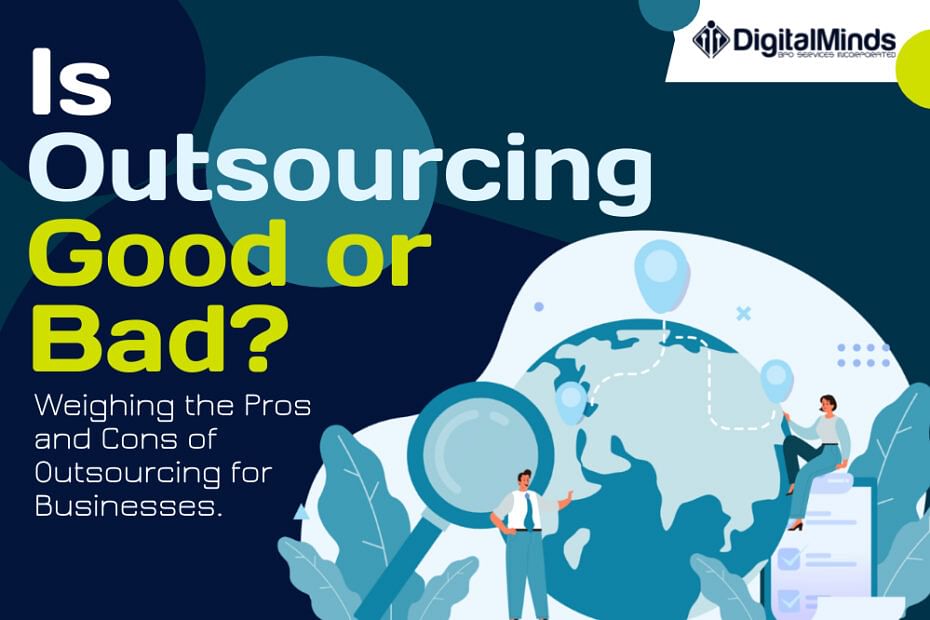

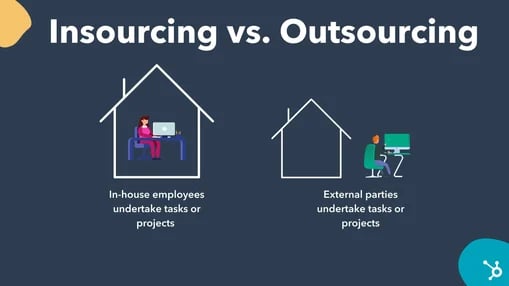

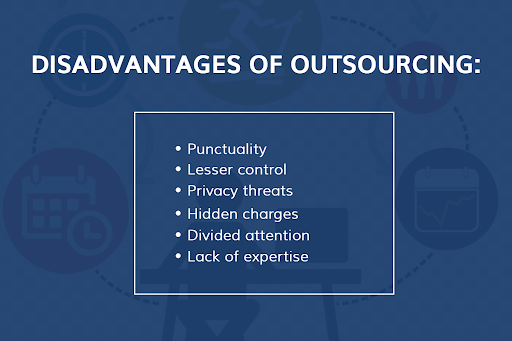
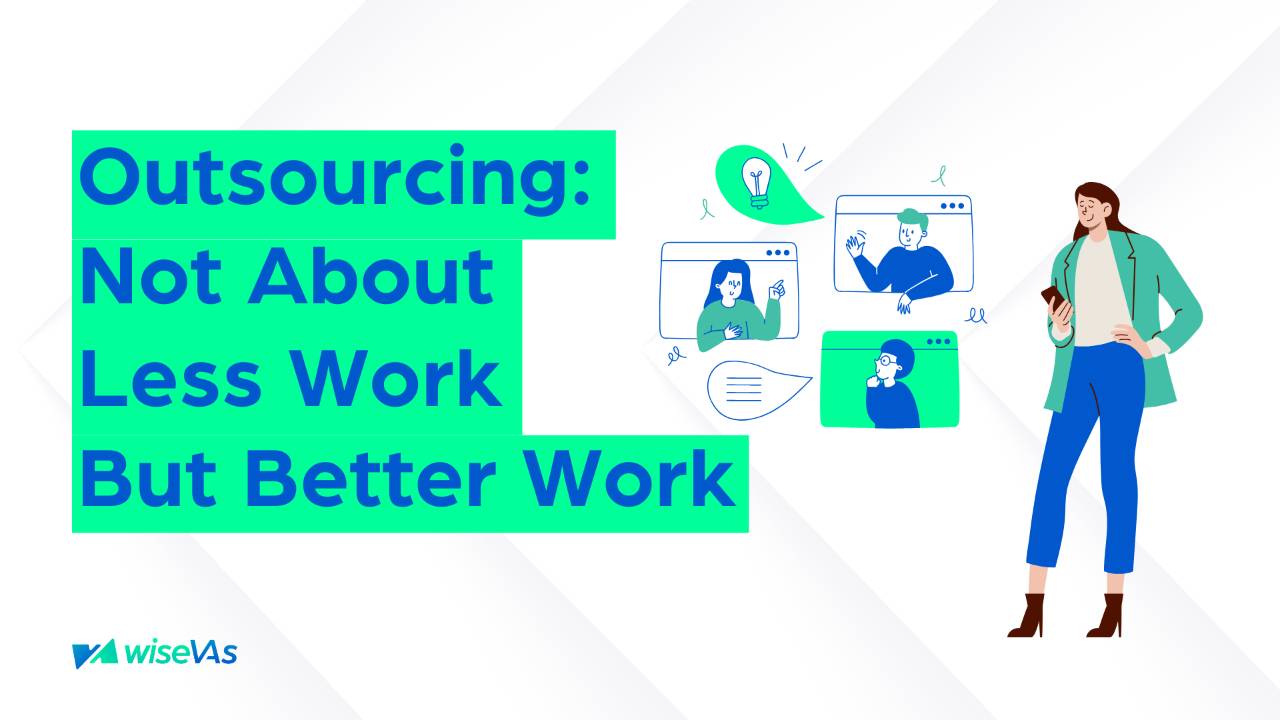

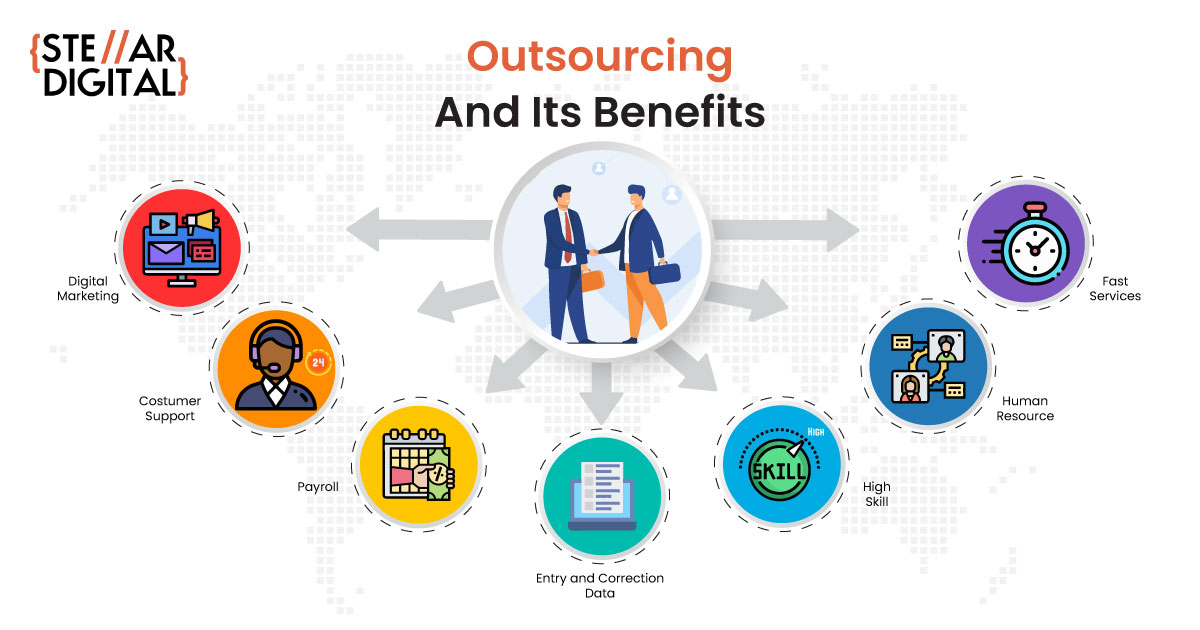



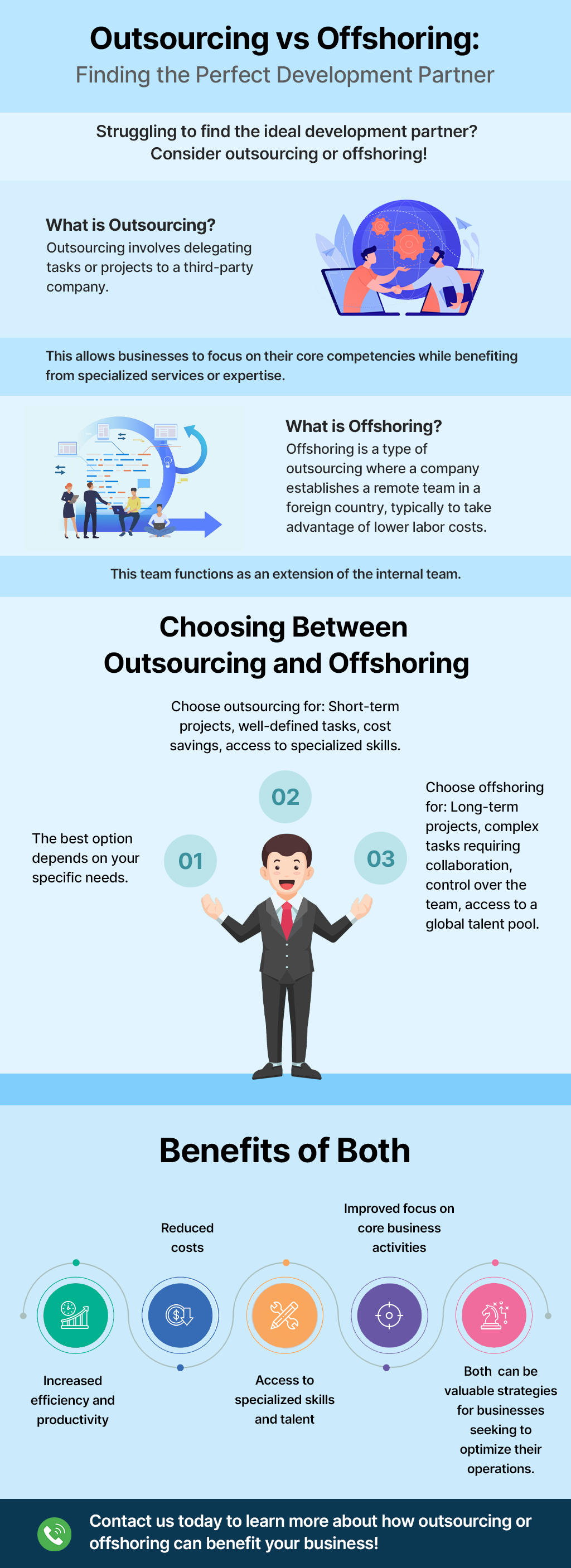
![When Is Outsourcing Not Beneficial Outsourcing Benefits in Recession Times | [Coreteka]](https://coreteka.com/wp-content/uploads/2023/12/IT-Outsourcing_1000х285_Blog-3.png)
:max_bytes(150000):strip_icc()/what-is-outsourcing-2533662-FINAL-5bad44ae46e0fb00261e05c6.png)



